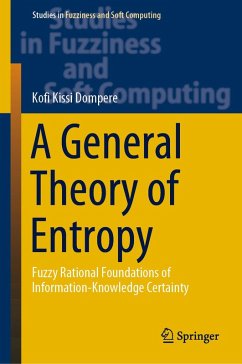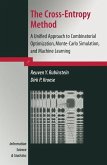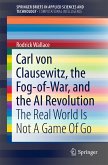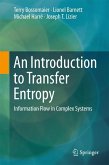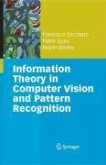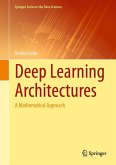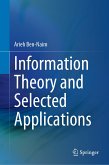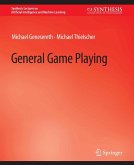This book presents an epistemic framework for dealing with information-knowledge and certainty-uncertainty problems within the space of quality-quantity dualities. It bridges between theoretical concepts of entropy and entropy measurements, proposing the concept and measurement of fuzzy-stochastic entropy that is applicable to all areas of knowing under human cognitive limitations over the epistemological space. The book builds on two previous monographs by the same author concerning theories of info-statics and info-dynamics, to deal with identification and transformation problems respectively. The theoretical framework is developed by using the toolboxes such as those of the principle of opposites, systems of actual-potential polarities and negative-positive dualities, under different cost-benefit time-structures. The category theory and the fuzzy paradigm of thought, under methodological constructionism-reductionism duality, are used in the fuzzy-stochastic and cost-benefit spaces to point to directions of global application in knowing, knowledge and decision-choice actions. Thus, the book is concerned with a general theory of entropy, showing how the fuzzy paradigm of thought is developed to deal with the problems of qualitative-quantitative uncertainties over the fuzzy-stochastic space, which will be applicable to conditions of soft-hard data, fact, evidence and knowledge over the spaces of problem-solution dualities, decision-choice actions in sciences, non-sciences, engineering and planning sciences to abstract acceptable information-knowledge elements.
Dieser Download kann aus rechtlichen Gründen nur mit Rechnungsadresse in A, B, BG, CY, CZ, D, DK, EW, E, FIN, F, GR, HR, H, IRL, I, LT, L, LR, M, NL, PL, P, R, S, SLO, SK ausgeliefert werden.

